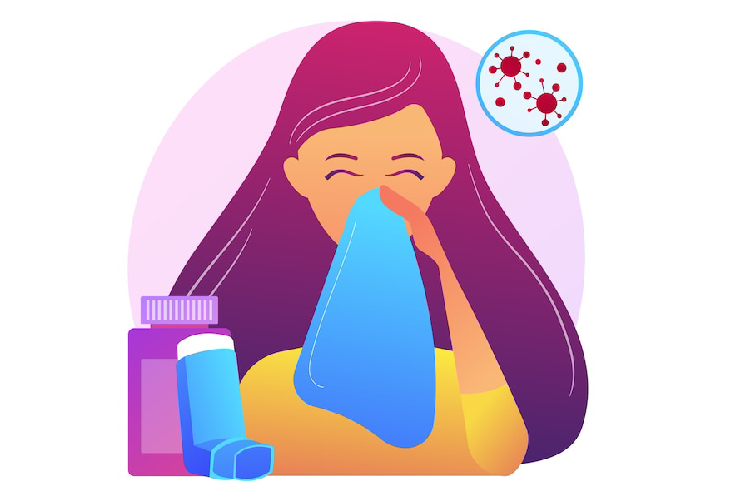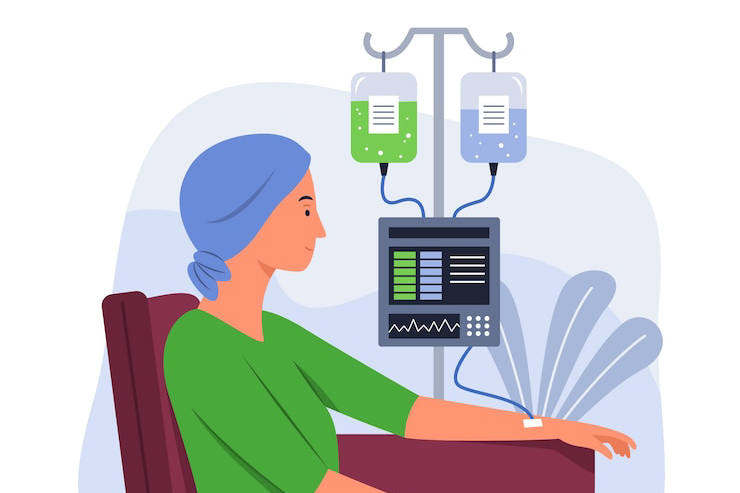
Asthma Attack! What Triggers It and How to Stay Safe
Asthma is a common condition that affects the airways in your lungs, making it harder to breathe. For some people with asthma, an attack can happen when certain triggers cause the airways to tighten and become inflamed. Knowing what triggers an asthma attack and how to stay safe can help you manage your symptoms and avoid dangerous situations.
What Causes an Asthma Attack?
Several factors can trigger an asthma attack. Here are some of the most common ones:
- Allergens:
Substances like pollen, dust mites, pet dander, or mold can irritate your lungs and cause an attack. - Cold Air or Weather: Breathing in cold air or sudden changes in weather can make your asthma symptoms worse.
- Exercise:
Physical activity, especially in cold or dry air, can sometimes trigger an asthma attack in some people. - Smoke:
Whether it's tobacco smoke or smoke from fires, it can irritate the airways and lead to an asthma attack. - Air Pollution:
High levels of pollution or strong odors, like perfumes or cleaning products, can trigger asthma symptoms. - Respiratory Infections:
Colds, flu, or other infections can make your asthma symptoms worse, especially during the winter months. - Strong Emotions:
Stress, laughter, or crying can sometimes bring on an asthma attack due to the way they affect your breathing.
How to Stay Safe and Prevent an Asthma Attack
While it's not always possible to avoid all asthma triggers, there are steps you can take to stay safe:
- Follow Your Asthma Plan:
If your doctor has given you an asthma action plan, be sure to follow it. This plan will guide you on how to manage your symptoms and when to take your medication. - Use Your Inhaler: Always keep your rescue inhaler with you in case you need it during an attack. This can help quickly open up your airways and make breathing easier.
- Monitor Your Symptoms:
Keep track of your asthma symptoms. If you notice that you’re coughing, wheezing, or feeling short of breath more than usual, speak with your doctor. - Avoid Known Triggers:
If you know what triggers your asthma attacks, try to avoid those things as much as possible. For example, if you’re allergic to pet dander, stay away from pets or keep your home free of allergens. - Keep Your Home Clean:
Regularly cleaning your home can help reduce dust, mold, and pet dander, which are common asthma triggers. Use a HEPA filter vacuum cleaner and wash your bedding in hot water to eliminate dust mites. - Stay Active:
Exercise is good for your lungs, but make sure you warm up slowly and avoid outdoor activities in extreme weather. If exercise triggers your asthma, ask your doctor about ways to manage it during physical activity. - Get Your Flu Shot:
Respiratory infections can make asthma worse, so getting a flu shot every year can help protect you from flu-related asthma attacks.
What to Do During an Asthma Attack
If you experience an asthma attack, follow these steps:
- Use Your Inhaler:
If you have a rescue inhaler, use it right away according to your asthma action plan. - Stay Calm: Try to remain calm and breathe slowly. Anxiety can make breathing harder, so it’s important to stay relaxed.
- Seek Help if Needed:
If your symptoms don’t improve after using your inhaler or if you’re struggling to breathe, seek medical help immediately. Call emergency services or go to the nearest hospital.
Conclusion
Asthma is a common condition that affects the airways in your lungs, making it harder to breathe. For some people with asthma, an attack can happen when certain triggers cause the airways to tighten and become inflamed. Knowing what triggers an asthma attack and how to stay safe can help you manage your symptoms and avoid dangerous situations.


